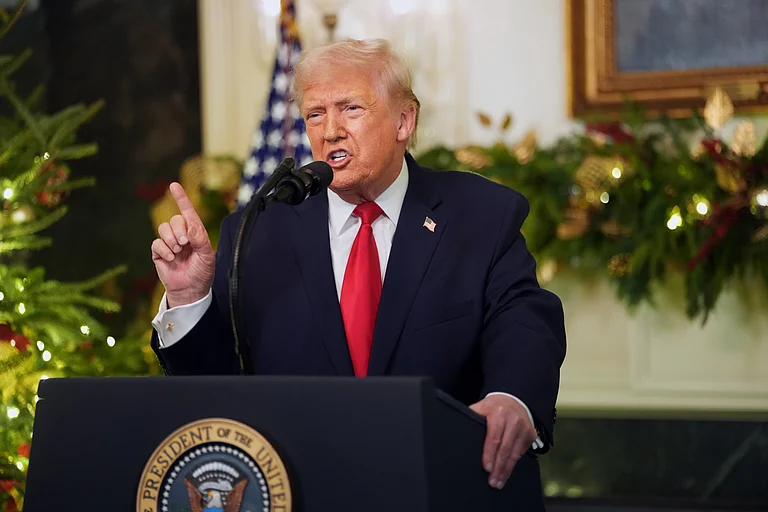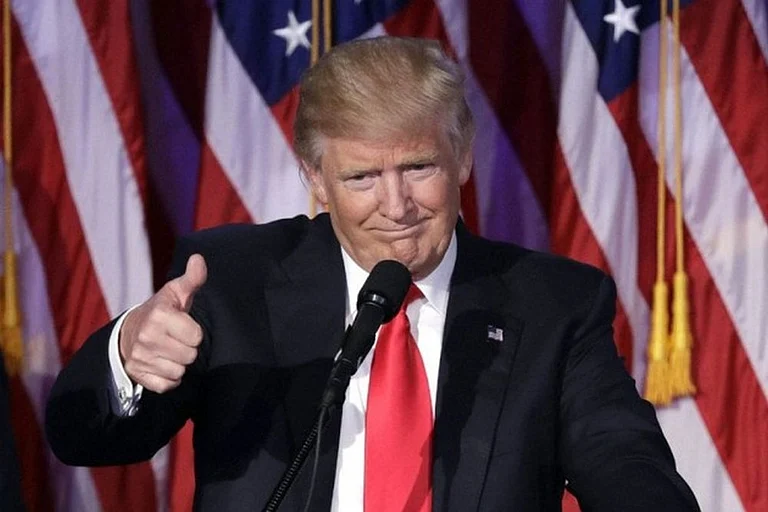Former President Donald Trump, who is also the leading Republican candidate for the upcoming presidential election, has been convicted of multiple felonies. Despite this, it seems likely that he will still be able to vote in Florida this fall, including potentially casting a vote for himself.
Trump, who has been a resident of Florida since 2019, was convicted in Manhattan. According to the Florida Division of Elections, a Florida resident with a felony conviction in another state can only be barred from voting in Florida if the conviction would make them ineligible to vote in the state where they were convicted.
New York, where Trump was convicted, allows felons to vote as long as they are not in prison. This means that Trump will be able to vote unless he is jailed. He is scheduled to be sentenced in July and could face up to four years in prison and a fine of $5,000 for each of the 34 felony counts. However, legal experts believe it is unlikely that he will serve time in jail, partly because he is a first-time offender and because jailing a former president would have significant repercussions.
Blair Bowie, an attorney at the Campaign Legal Center, told NBC News that the only way Trump would not be able to vote is if he is in prison on Election Day, according to New York’s felon voting rules.
Trump also has the option to appeal his conviction and request that any potential prison sentence be delayed during the appeal process. This could ensure that he remains eligible to vote even if he is sentenced to jail time.
Despite his conviction, Trump remains eligible to run for president. The US Constitution states that presidential candidates must be at least 35 years old, natural-born citizens, and have lived in the US for at least 14 years.
However, Trump’s conviction may affect some of his other rights. According to the Bureau of Alcohol, Tobacco, Firearms, and Explosives, the federal Gun Control Act prohibits anyone convicted of a crime punishable by more than one year in prison from possessing firearms or ammunition. This means that Trump could lose his right to own a firearm.
In addition, Florida law prevents felons convicted in any state from serving on a jury until their civil rights are restored, which includes completing their sentence and paying any restitution or fees. This means that Trump could temporarily lose his right to serve on a jury.




























